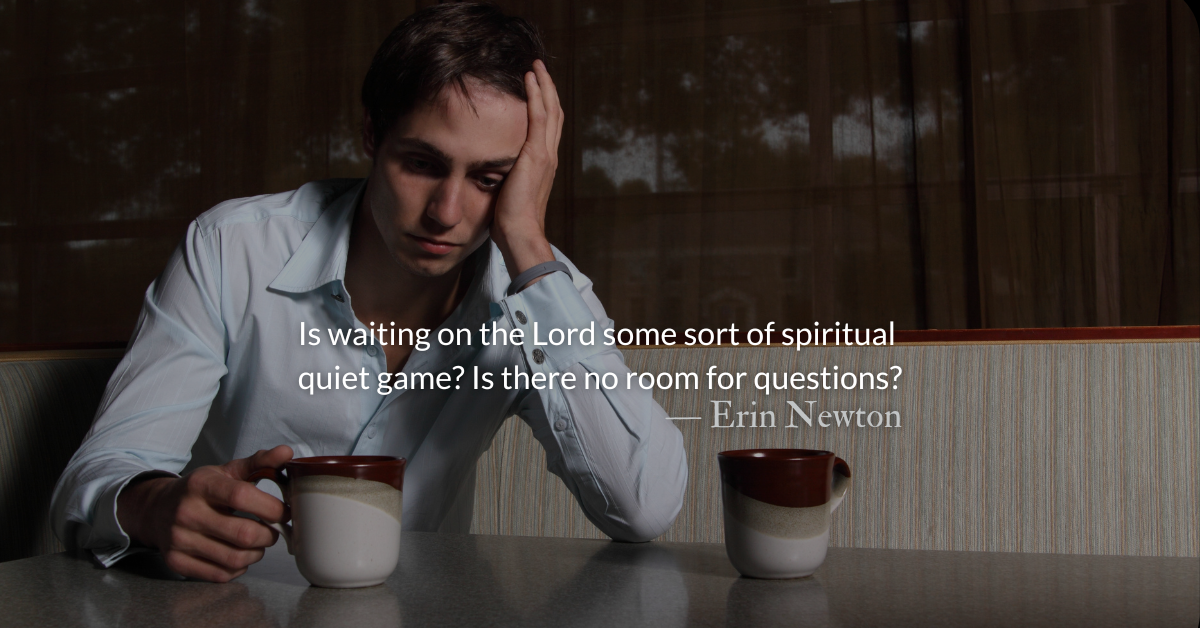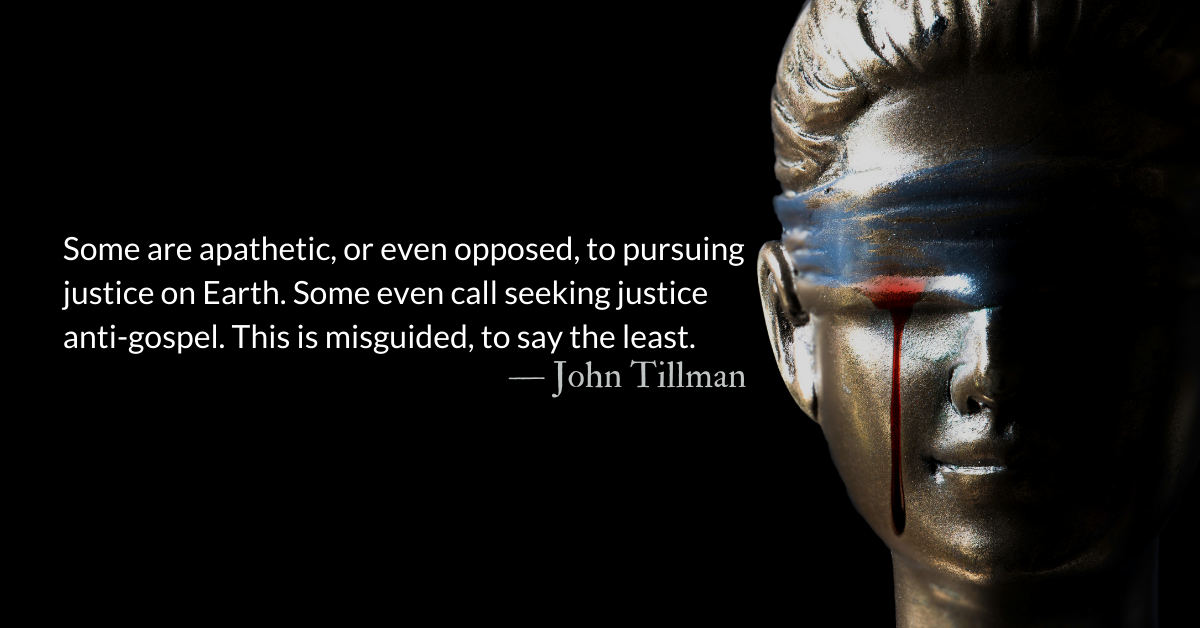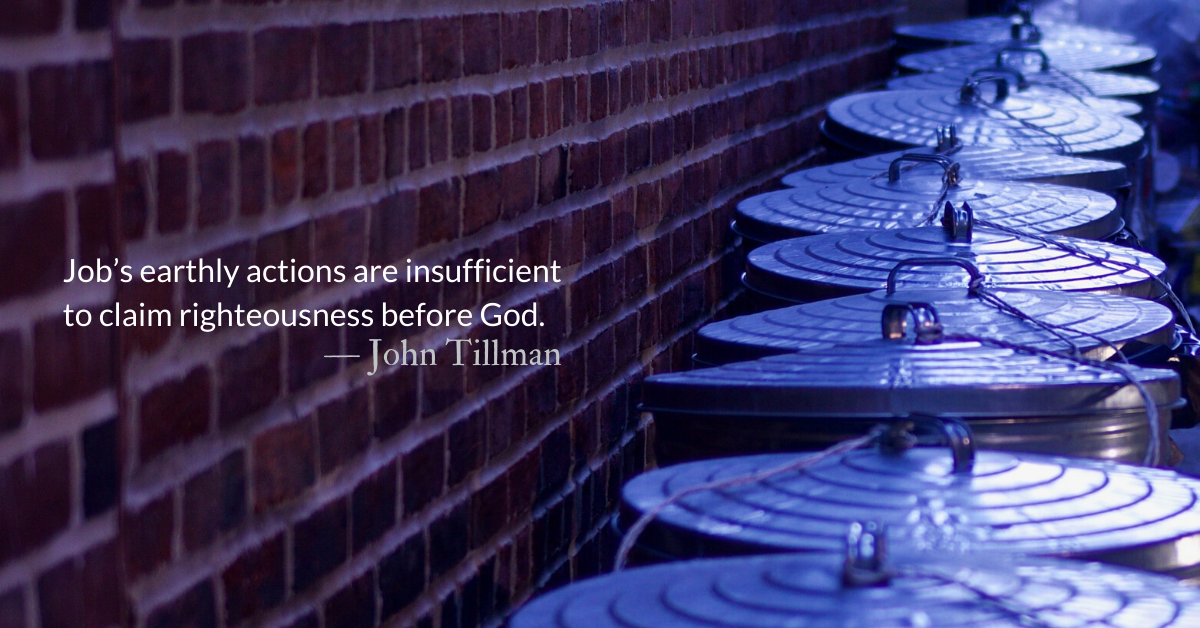Scripture Focus: Job 40.3-5
3 Then Job answered the Lord:
4 “I am unworthy—how can I reply to you?
I put my hand over my mouth.
5 I spoke once, but I have no answer—
twice, but I will say no more.”
Psalm 27.13-14
13 I remain confident of this:
I will see the goodness of the Lord
in the land of the living.
14 Wait for the Lord;
be strong and take heart
and wait for the Lord.
Reflection: Waiting on the Lord, Loudly
By Erin Newton
Waiting on the Lord is one of those phrases we use all the time, but what does it even mean?
We pray for someone to spend our lives with and wait on the Lord in singleness. We pray for the healing of our loved ones and wait on the Lord throughout treatments. We hope for a few quiet days after a difficult year and wait on the Lord while we pour a cup of coffee.
We assume that waiting on the Lord requires some sort of quiet compliance. After all, we ask children to “wait over there.” Customer service says, “Wait one moment” while they connect us. The crosswalk signs chant sternly, “Wait! Wait! Wait!” All of these are expected to happen without complaint, without a fuss, without questioning the person who told us.
Job has not been so quiet. In his suffering, he has made all his frustrations known. No words or feelings have been spared. When God answers him, he admits he has spoken freely but comes up short to finding an adequate answer.
He covers his mouth and resolves to say no more. Is this finally his attempt at waiting on the Lord?
We are tempted to say, “Aha! See, he finally repents and submits.” We have just read chapter after chapter of theological discussion between Job and his friends. Job has begged God to come and answer him. Does God delay because Job wasn’t waiting quietly? Surely not, for we know that even the persistent woman was granted justice against her adversaries (Luke 18).
But we are left with the question we started with: What does waiting on the Lord even mean?
Is waiting on the Lord some sort of spiritual quiet game? Is there no room for questions, complaints, and pleading?
Job has been waiting on the Lord since the first tragedy. Job has waited in the silence of grief. Job has waited in the disagreements with his wife. Job has waited in the heated debates with his friends. Job has waited while scraping the sores on his body. Job has waited even in his harsh words. And Job waits as God speaks in the end.
We are all waiting on the Lord for something. Its various expressions are rooted in this: We will see the goodness of God in the land of the living because God always speaks in the end.
Divine Hours Prayer: The Refrain for the Morning Lessons
Those who sowed with tears will reap with songs of joy.
Those who go out weeping, carrying the seed, will come again with joy, shouldering their sheaves. — Psalm 126.6-7
– From The Divine Hours: Prayers for Summertime by Phyllis Tickle.
Today’s Readings
Job 40 (Listen 2:09)
Psalm 26-27 (Listen 3:13)
Read more about God’s Sufficient Justice
Humans are capable of a certain level of justice and we are responsible before God to bring about justice.
Read more about Sitting with Sinners
The Christian life means we follow the narrow path of obedience, but we must also follow the way of love. It is possible to do both.









